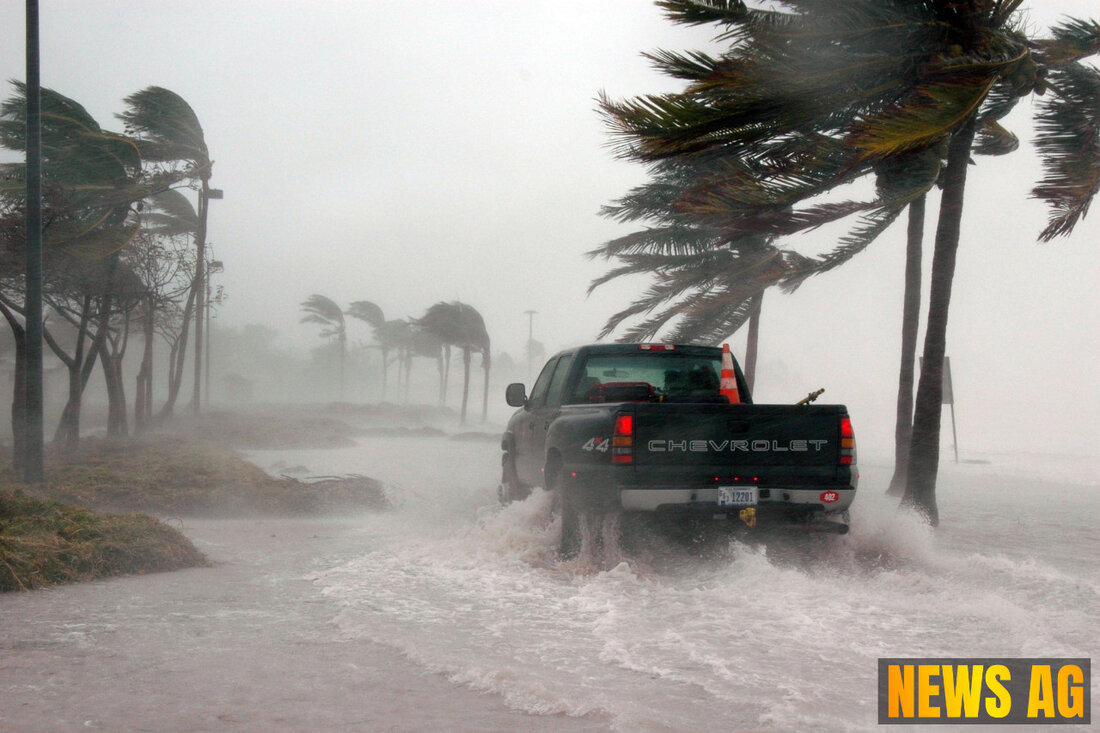Florida's New Law Sparks Outrage: Local Control Eroded in Hurricane Recovery!
Florida's new law streamlines construction after hurricanes, raising concerns over local governance and development regulations.

Florida's New Law Sparks Outrage: Local Control Eroded in Hurricane Recovery!
A Florida county has found itself grappling with a new state law, putting controversial local regulations on the backburner. In a move that has raised eyebrows among residents, plans to ban roosters in specific neighborhoods have been put on hold, thanks to legislation that favors builders and shifts power from local governments.
The recently enacted law, formally known as SB 180, was signed by Governor Ron DeSantis on June 26, and it’s already causing a stir. It seeks to streamline construction efforts in hurricane-affected areas and hampers local governments from instituting stricter land development codes. As Tallahassee.com reports, local officials across Florida, from Polk County to Manatee County, are now hesitating to move forward with any new local regulations that could conflict with the state’s stance.
The Law’s Implications
This statewide shift is aimed at expediting recovery in regions declared federally disaster zones due to hurricanes Debby, Helene, and Milton. Under SB 180, local authorities are barred from imposing more “restrictive or burdensome” regulations on development until at least October 2027, with potential extensions triggered by future storms within 100 miles of a community. The law also includes provisions that prevent building departments from raising inspection or permit fees for six months following a state of emergency, placing further limits on municipal authority. This aspect of the law has particularly raised concerns among local officials who worry about financial implications during recovery periods.
Moreover, the legislation aids developers by allowing them to sue local governments over any perceived „burdensome or restrictive“ ordinances during rebuilding efforts. The pushback from local governments is palpable, with some officials like Deltona City Commissioner Dori Howington vowing to challenge the law in court due to its questionable constitutionality.
Political Context
The bill faced little opposition during its rapid passage through the Legislature, highlighting a surprising disconnect, as many lawmakers reportedly didn’t fully grasp the ramifications of the changes. Indeed, the legislation sailed through, approved with a nearly unanimous vote—one dissenting vote from Sen. Tracie Davis—before being signed into law by DeSantis amidst a landscape of growing concern about local governance and community autonomy.
Interestingly, the law has prompted discussions not just about the future of land use, but also about the impact on local response strategies. Following a natural disaster, local governments must develop post-storm permitting plans and streamline rebuilding procedures, which some critics argue may hinder their ability to address unique community needs effectively, as reported by Florida Politics.
Local governments are now in a delicate balancing act, seeking to protect their communities while navigating the stringent framework imposed by the state. The city of Tallahassee, for instance, is trying to set a moratorium on new gas station construction, which might be at odds with the intentions of SB 180.
Conclusion
The new law’s far-reaching effects are still unfolding, with local governments scrambling to understand what this means for their jurisdiction and the communities they serve. While the intention might be to foster rapid recovery and growth in hurricane-stricken areas, it’s imperative that these efforts don’t come at the cost of local voices that reflect the needs and concerns of residents. As the future unfolds, it’s clear that the conversation about local authority, development, and resilience is just getting started.

 Suche
Suche
 Mein Konto
Mein Konto